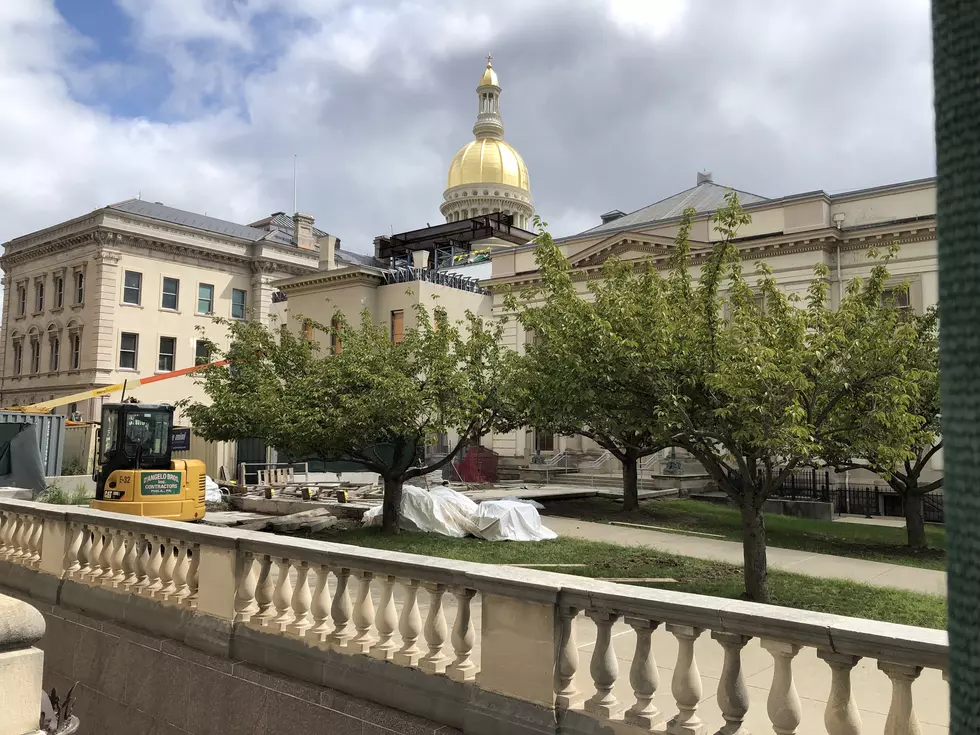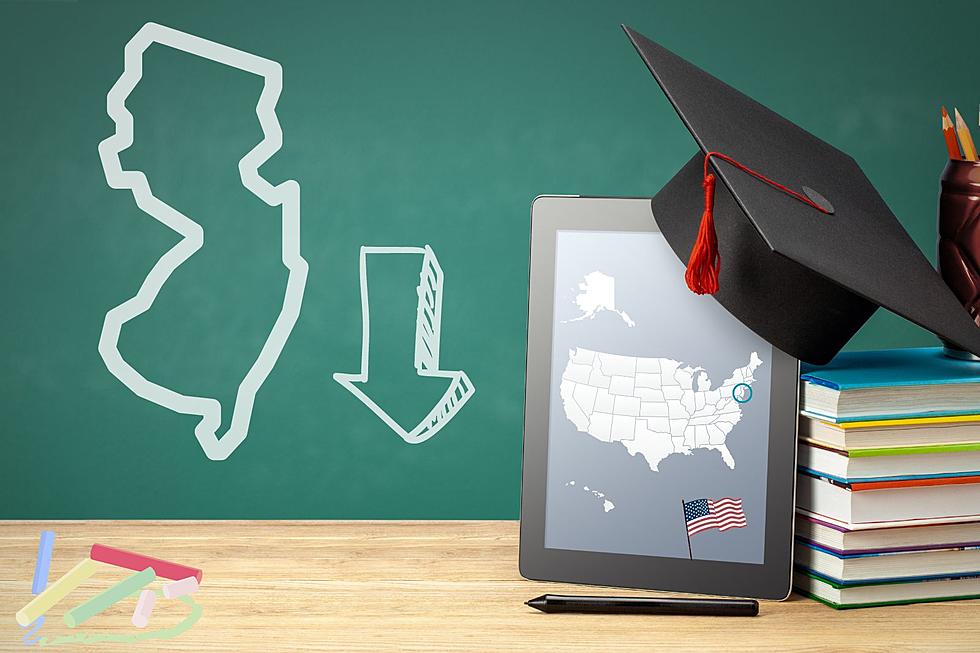
‘School Shouldn’t End This Year in June’ — Big Changes Coming to NJ?
TRENTON — Consecutive school years upended by the coronavirus pandemic have state lawmakers considering drastic steps to help students catch up, such as widespread summer school and giving parents the option to have their child repeat a grade.
The ideas remain mostly conceptual, though the Assembly Education Committee endorsed a bill Monday creating an Alleviating Learning Loss in New Jersey grant program that would help pay for learning and support programs in the summer of 2021 and 2021-22 school year. Funds would come from federal aid, though none are specifically allocated in the bill.
Sen. Teresa Ruiz, D-Essex, said the goal is to see “how we can alleviate some of this without just losing another year.” She said data is needed to understand how students are faring, both academically and in terms of social-emotional learning.
“I think we would have a better blueprint for what our summer’s going to look like,” Ruiz said. “School shouldn’t end this year in June. We should think about this model of a continuum of care so that we pick up the pieces where we haven’t been able to do in person.”
Ruiz is the chairwoman of the Senate Education Committee. She lives in Newark, which still hasn’t reopened its schools since closing last March and doesn’t plan to do so until mid-April.
Currently, 86 school districts in New Jersey are open for full in-person instruction, 414 have a hybrid of in-person and remote instruction, and 270 are fully remote. Forty-one districts have a mix of remote, in-person and hybrid learning across their schools.
Ruiz and Senate President Steve Sweeney, D-Gloucester, talked about the prospect of new schools-related legislation at Tuesday’s initial meeting of the New Jersey Legislative Disability Caucus.
“I’m really concerned about children, all children, that have lost a year to two years of education,” Sweeney said. “It’s even more highlighted when it comes to the disabled because our kids are going backwards.”
“We’re trying to figure out how we could – you could elect to leave your child back a year, if we could physically accomplish that,” he said. “You know, there’s physical issues with doing that, with school districts. But we recognize that kids didn’t get the education they got when in person. And our kids, they require a lot more one-on-one, a lot more intense educating.”
The first in what is planned to be a series of quarterly meetings was held online and lasted just over an hour. The focus was on the impact of COVID-19 on things such as access for people with disabilities to vaccines, testing, personal protective equipment and educational services.
“There’s so many cascading negative impacts for people with disabilities, and if we don’t speak with people with disabilities and their families to understand those impacts, then we could all be working very hard but not hitting the target,” said Mercedes Witowsky, executive director of the New Jersey Council on Developmental Disabilities.
Some of the event’s longest discussion came when Annette Smith, who is the caregiver for her 37-year-old daughter with multiple disabilities, explained that despite being eligible to be inoculated, she’s “not ready to jump in line for the vaccine at this point.”
Smith cited a long history of experimental medication to explain why Black residents’ are guarded about new vaccines. She said over the weekend, she talked about vaccination plans with 27 people. In that group, three had gotten vaccinated or plan to, six said they would not and 18 were still on the fence.
“My concern is the long-term effects. I want to be safe. I want Tiffany to be safe. I want my family to be safe,” Smith said. “But I think that more information needs to be presented to the general public, African-Americans, so that we are aware of the side effects and what we’re stepping into when we do decide to take this vaccine.”
Sen. Joseph Vitale, D-Middlesex, said he hears similar reluctance from Black and Hispanic residents in his legislative district. He said Smith’s historical concerns “are not without merit.”
“So, I think that the state has its work cut out for it,” Vitale said.
The state’s COVID-19 data dashboard shows that just 3% of the nearly 628,000 vaccinations administered so far have gone to Black residents, 5% to Hispanic residents, 6% to Asian residents and 48% to white residents. Another 19% are listed as "other" – perhaps including people of multiple races – and 20% are listed as unknown.

Where to get COVID-19 vaccine in NJ
More From WPG Talk Radio 95.5 FM










